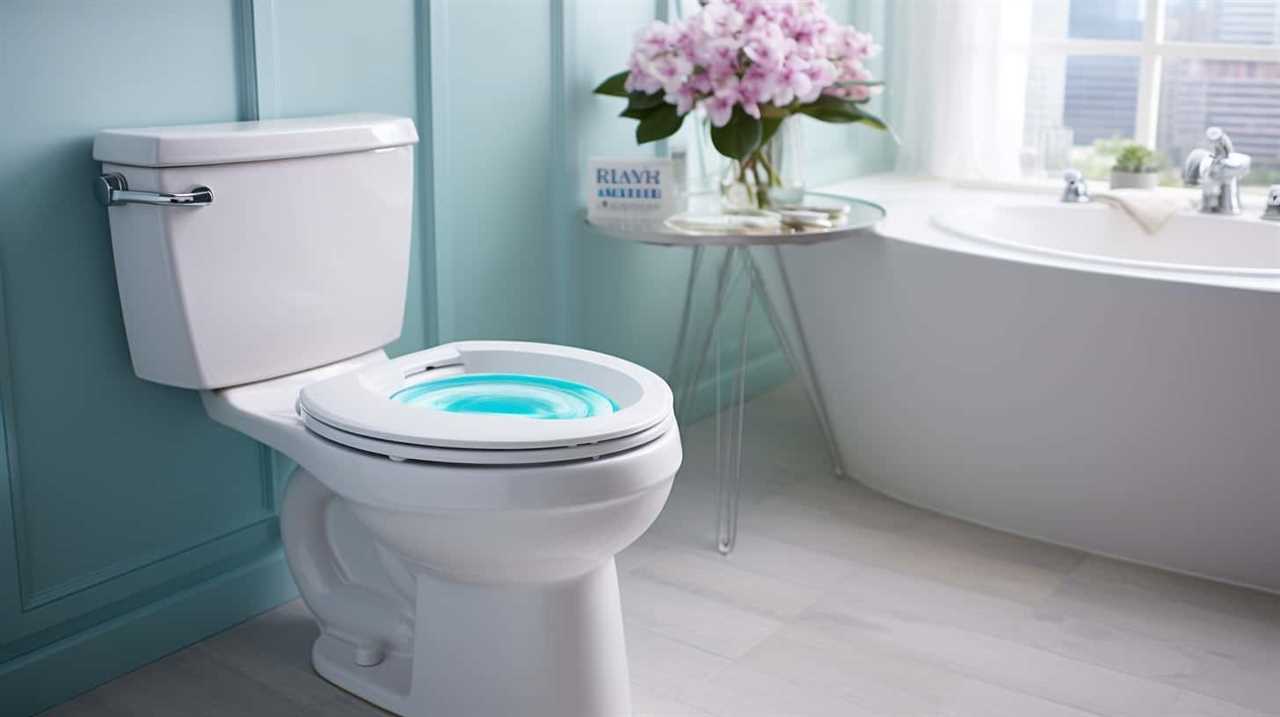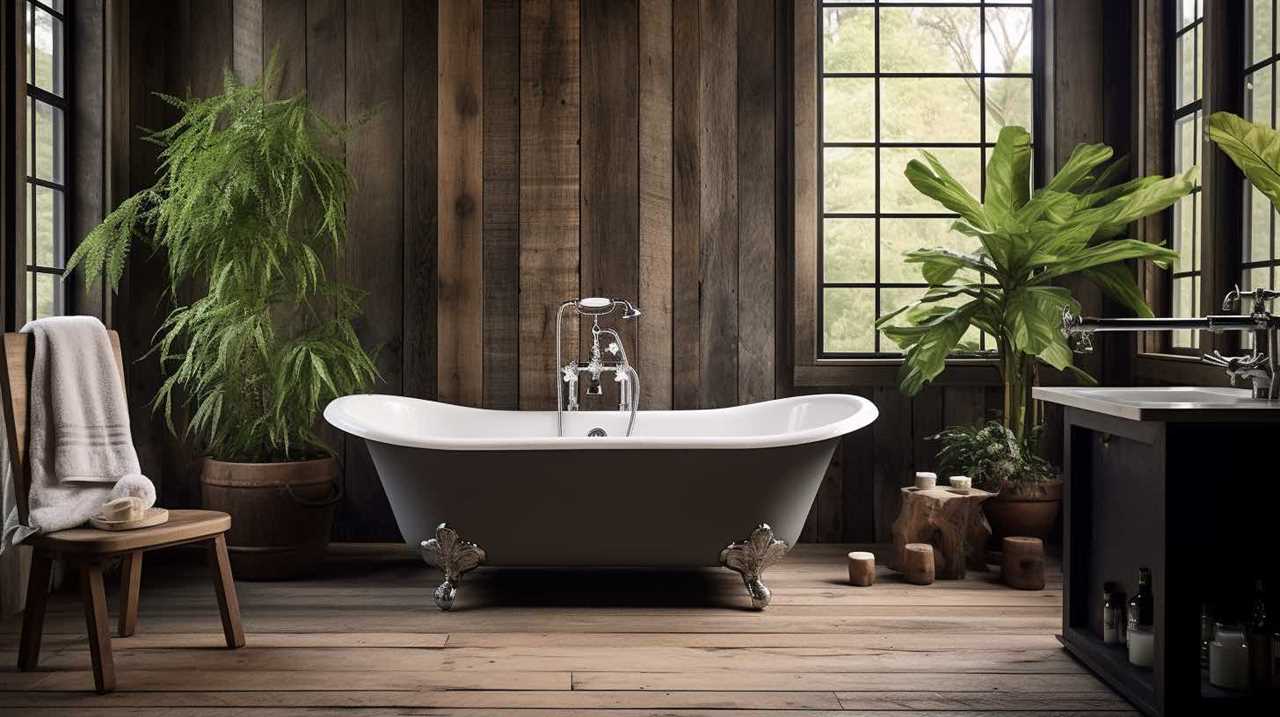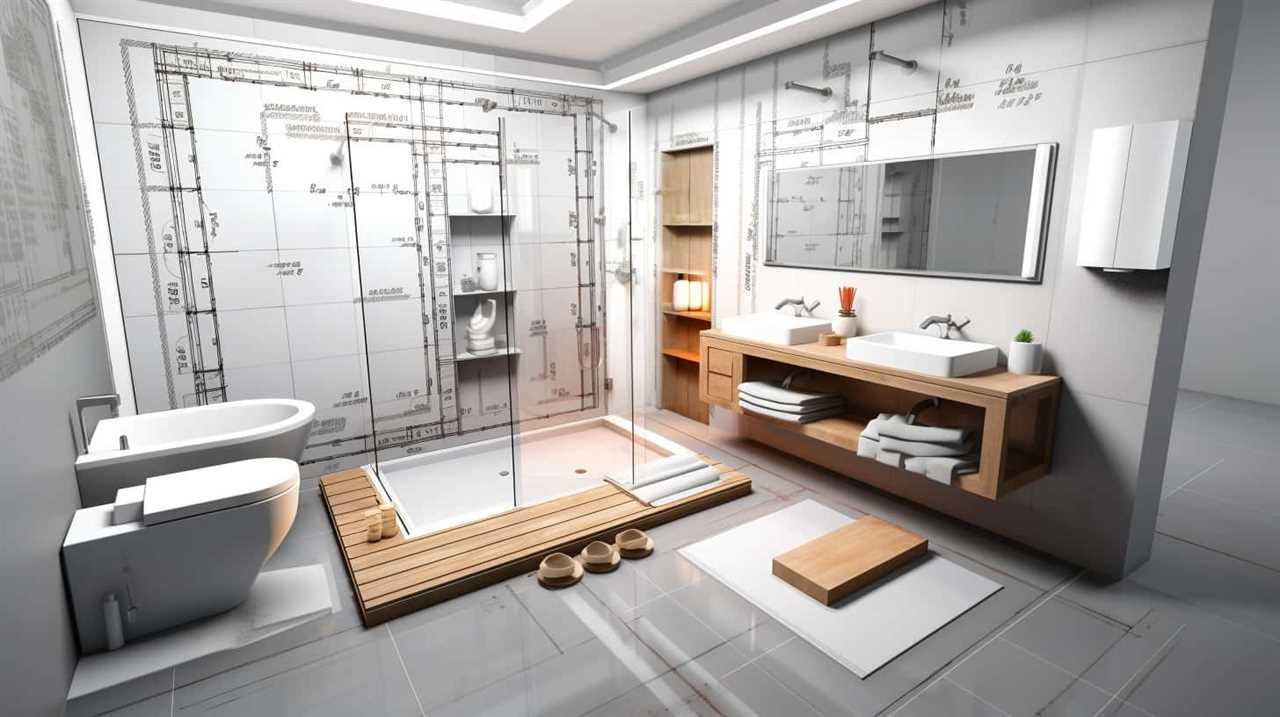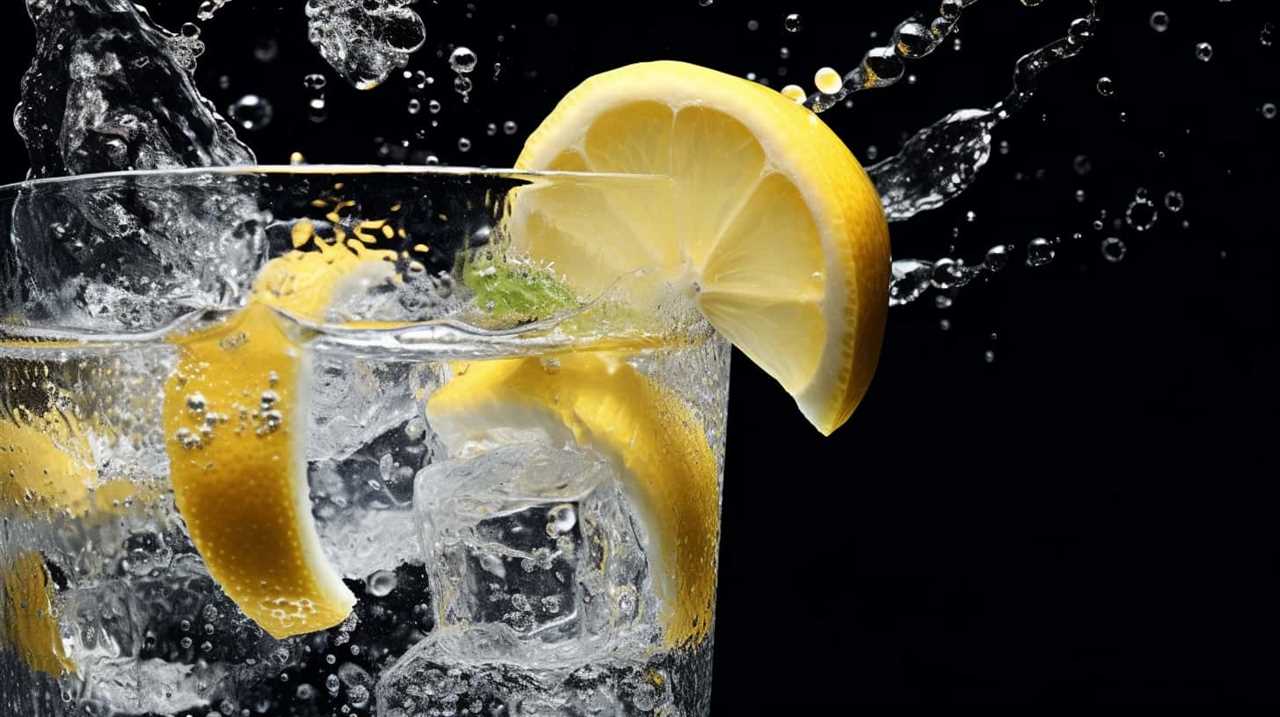We have all experienced that moment – standing in front of the bathroom sink, wondering if it is safe to drink the tap water.
In the UK, water treatment processes aim to ensure its cleanliness and safety. However, potential contaminants can still find their way into our bathroom tap water.
This article will explore the regulations in place to maintain water quality, the health risks associated with drinking bathroom tap water, and alternative options for quenching our thirst.
Get ready to dive into the world of UK bathroom tap water!

Key Takeaways
- Tap water in the UK is generally safe to drink, but occasional issues can arise.
- Contaminants such as lead, copper, pesticides, and nitrates can be present in tap water.
- Bathroom tap water may contain bacteria or microorganisms that can weaken the immune system.
- Installing a water filter system, using portable filters, or opting for bottled water are alternatives to drinking bathroom tap water.
Water Treatment Processes in the UK
In the UK, we treat our water using various processes to ensure its safety and quality. Water filtration methods play a crucial role in this process.
The water supply sources in the UK include rivers, reservoirs, and groundwater. Once collected, the water undergoes a series of treatment processes before it reaches our taps.
Firstly, the water is screened to remove large debris and particles. Then, coagulation and flocculation are used to clump together smaller particles, making them easier to remove.
After that, the water is passed through a filtration system, which helps remove even smaller impurities. Finally, disinfection is carried out using chemicals like chlorine to eliminate any remaining bacteria and pathogens.

These water treatment processes ensure that the water we consume is safe and of high quality.
Potential Contaminants in Bathroom Tap Water
We have to be aware of the potential contaminants present in bathroom tap water in the UK.
One common misconception is that bathroom tap water is of lower quality compared to kitchen tap water. However, the reality is that both sources of tap water in the UK come from the same mains supply, making the quality of water consistent throughout the house.
Another important factor to consider is the impact of plumbing materials on bathroom tap water safety. Older homes may have plumbing systems made from lead or copper, which can leach into the water and pose health risks. In newer homes, plumbing materials are typically made of safer materials such as PVC or stainless steel.

Regular testing and maintenance of plumbing systems are essential to ensure the safety and quality of bathroom tap water.
Regulations Ensuring Water Quality in the UK
To ensure the safety and quality of bathroom tap water in the UK, regulations are in place to monitor and maintain water standards. The UK has established comprehensive water quality standards that must be met by all water suppliers. These standards cover a wide range of parameters, including microbiological, chemical, and physical properties of the water.
Monitoring is a crucial aspect of maintaining water quality, and water suppliers are required to regularly test samples from various points in the distribution network. This helps to identify any potential contaminants and ensure that the water meets the required standards.
Additionally, enforcement measures are in place to ensure compliance with these regulations. Failure to meet the water quality standards can result in penalties and legal action.

The UK’s rigorous monitoring and enforcement processes play a vital role in safeguarding the quality of bathroom tap water for all its residents.
Health Risks of Drinking Bathroom Tap Water
Continuing from the previous subtopic, it’s important to address the potential health risks associated with drinking bathroom tap water in the UK. While the water in the UK is generally considered safe to drink, there are certain factors to consider when consuming water from the bathroom tap.
- Effects on the immune system: Bathroom tap water may contain bacteria or other microorganisms that can potentially weaken the immune system if ingested. This can increase the risk of infections and illnesses.
- Impact on skin health: The chemicals used to treat tap water, such as chlorine, can strip the skin of its natural oils and disrupt its pH balance. This can lead to dryness, irritation, and exacerbate existing skin conditions.
- Contamination risk: The bathroom environment itself poses a higher risk of contamination compared to the kitchen. This is due to factors like proximity to toilets, personal care products, and potential cross-contamination.
Understanding the potential health risks of drinking bathroom tap water underscores the importance of exploring alternative sources for safe drinking water.
Alternatives to Drinking Bathroom Tap Water
Moving forward in our discussion on the health risks of drinking bathroom tap water in the UK, let’s explore the alternatives available to ensure safe drinking water.

When it comes to filtered water options, there are a few choices to consider. One option is installing a water filter system in your home, which can remove impurities and improve the taste and odor of the water.
Another option is using a portable water filter, which can be convenient for those who are frequently on the go.
Additionally, bottled water choices are widely available and offer a reliable alternative to tap water. It’s important to look for bottled water that has been properly filtered and meets quality standards. Remember to read the labels and choose water that suits your preferences and needs.
Frequently Asked Questions
How Often Are Water Treatment Processes Carried Out in the Uk?
Water treatment processes in the UK are carried out regularly to ensure the quality of drinking water. These processes adhere to strict standards set for drinking water quality.

Are There Any Specific Contaminants That Are Commonly Found in Bathroom Tap Water in the Uk?
Water contamination sources in the UK bathroom tap water can include microbes, heavy metals, and chemicals. Water quality testing ensures that these contaminants are monitored and kept within safe limits for consumption.
Are There Any Regulations in Place to Ensure the Quality of Bathroom Tap Water in the Uk?
Water quality testing and water treatment regulations ensure the safety of bathroom tap water in the UK. These measures are in place to protect public health and ensure that the water meets the necessary standards.
What Are the Potential Health Risks Associated With Drinking Bathroom Tap Water in the Uk?
Drinking bathroom tap water in the UK may pose potential health risks. The water treatment processes may not remove all contaminants, such as bacteria or chemicals, making it unsafe for consumption.
What Are Some Alternative Sources of Drinking Water in the UK Apart From Bathroom Tap Water?
Filtered water options and bottled water alternatives are readily available in the UK. These include water filters, water coolers, and spring water. These options provide safe and clean drinking water, ensuring the health and well-being of individuals.

Conclusion
In conclusion, while bathroom tap water in the UK undergoes extensive treatment processes and is regulated to ensure quality, there may still be potential contaminants present.
Although the health risks associated with drinking bathroom tap water are generally low, individuals who are particularly vulnerable, such as pregnant women or those with compromised immune systems, may consider alternatives such as using a water filter or opting for bottled water to alleviate any concerns.










